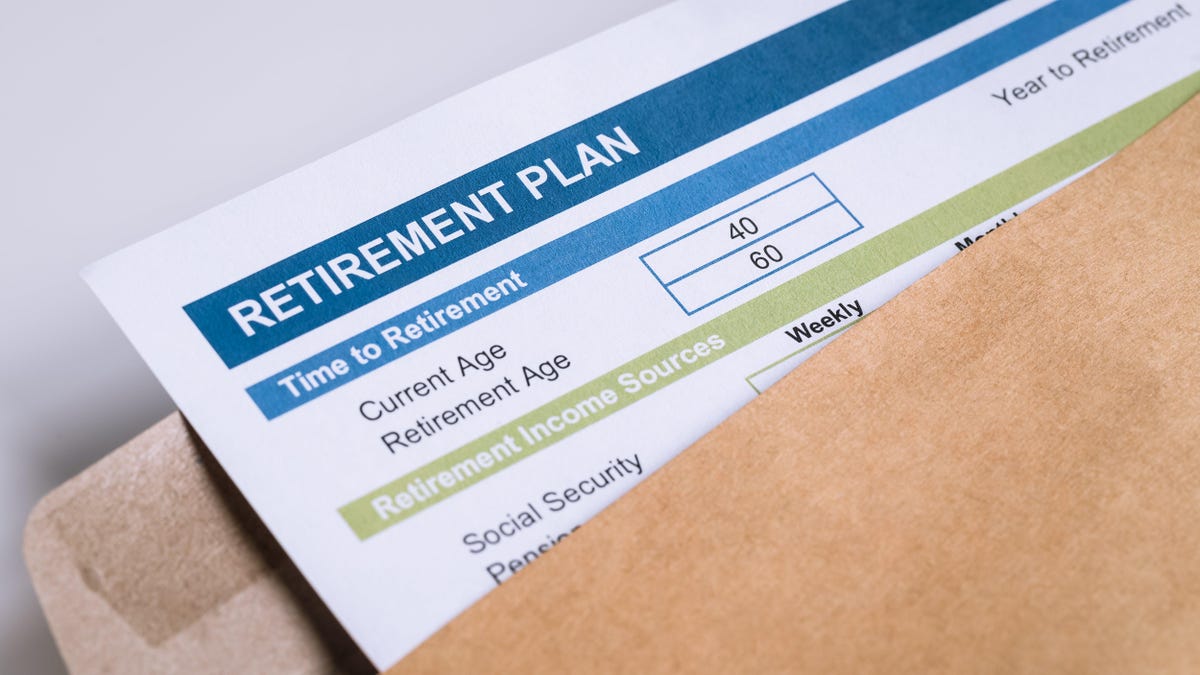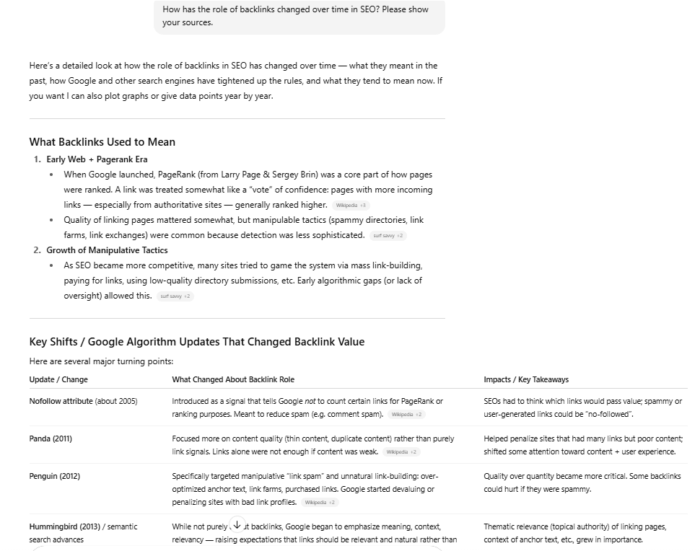How to Stop Anxiety From Sabotaging Your Investments
The world is poised on the brink of a geopolitical paradigm shift while still reeling from a global pandemic. Traditional markets are growing uneasy and new ones look like they’re in freefall mode already. These are, as they say,...


Photo: FrameAngel (Shutterstock)
The world is poised on the brink of a geopolitical paradigm shift while still reeling from a global pandemic. Traditional markets are growing uneasy and new ones look like they’re in freefall mode already. These are, as they say, interesting times.
“How will this effect my 401(k)?” might seem like a crass or silly question, but if you’re a small-time, regular-person investor like I am, anxiety is a valid response—I don’t wanna starve during retirement. So I looked around the web to get some advice on how to deal with the white-knuckle fear of investing during interesting times and brought back the following to share with you.
Go ahead and panic (but don’t do anything about it)
People say “don’t panic” all the time, but this is unhelpful, often condescending, advice. So go ahead and panic. Feel your feelings. It’s a scary, unsettling time, and minimizing your reactions isn’t natural or helpful.
But don’t “panic about panicking,” as Dr. Brad Klontz, associate professor of practice in financial psychology and behavioral finance at Creighton University’s Heider College of Business put it. Don’t make financial moves based on your feelings (beyond buying yourself a couple pints of ice cream).
Consider the bigger, longer-term picture
If you’re investing “right,” you’re keeping your eye on the longterm. Numerous rapidly evolving situations threatening to spin out of control make it hard to take a broader view, but these are exactly the situations where it’s most important to do so.
Remember: This is not the first time things like this have happened. And it won’t be the last time. But through world wars, depressions, recessions, and social upheaval, the market has always bounced back from downturns. Stocks have averaged a return of around 11 percent a year since 1926. There has never been a 15-year period in which stocks have lost money. If you had invested in stock on only the four very worst investment days possible over the last 50 years—I’m talking the peak before every crash—you’d have still come out way ahead. Provided you kept your head and didn’t panic sell.
Ignore everything
This is not the time to check how your 401(k) is doing. It’s doing fine. It’s not the time to glue yourself to news sources or doom-scroll either. It’s okay to ignore the whole thing.
As Greg Davies, head of behavioural finance at Oxford Risk, put it: “Avoid watching the markets day to day as this will just increase your anxiety to no useful end…Inevitably, there will be dramatic movements which are entirely unpredictable. Given you can’t control, or predict them, you should also strive not to worry about them, and exclude them from your long-term decisions.”
Plan for a change in the future
This tip from Marketwatch is excellent advice if you can’t keep yourself from stressing about your investments: Write down how much you’re “losing” every day (whether you’re actually losing anything depends on you definition of the word; more on that below), and ask yourself whether your current strategy is too risky for your emotional health and/or your long term goals. This will give you something active to do and information for the future. When markets stabilize, bring your loss notes to an advisor at your investment company and discuss whether you should change your level of risk before the next inevitable downturn.
Don’t mourn “paper losses”
What is money, anyway, man? When it comes to your retirement investments, those dollar signs represent stocks, bonds, and other financial instruments you own, so you’re only really making or losing money when you sell them or buy something.
“The lowered valuations of these assets is not important, only the value when you need to withdraw years in the future,” Davies says. “You’re much better to sit tight and wait, rather than to exit when markets are down.”
Don’t try to “buy the dip” (but don’t stop investing either)
“Buying the dip” is the idea that you should snap up investments after a crash because they’re essentially “on sale.” It seems to make a lot of sense, but it isn’t actually a good strategy.
“Buy the dip is one of those things that works really well on paper, but it doesn’t work well in real life,” explains Callie Cox, a senior investment strategist with Ally Invest. The problem with dip-buying is twofold: First, trying to time your investments this way leads to not having enough money in markets during “non-dip” times. Secondly, you have no idea how low things will go, and you could end up catching a falling knife. Instead, invest on a regular schedule with an eye on longterm gains. Keep calm, as they say, and carry on.
Talk to a professional (or two)
For help with anxiety caused by financial instability (or the fear of it), you should seek help from a mental health professional over the “anxiety” part and a financial advisor over the “financial” part. These are difficult times, and we all need a little reassurance.

 Tfoso
Tfoso 































